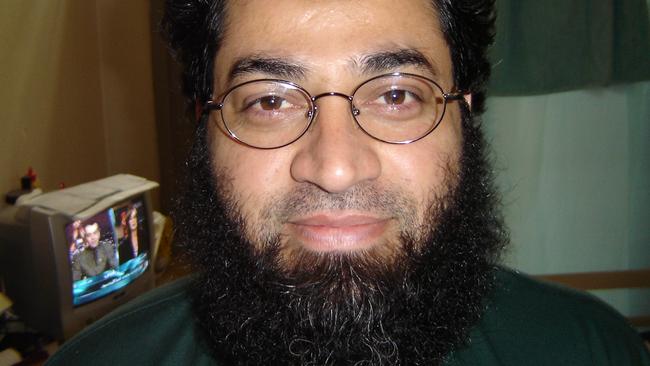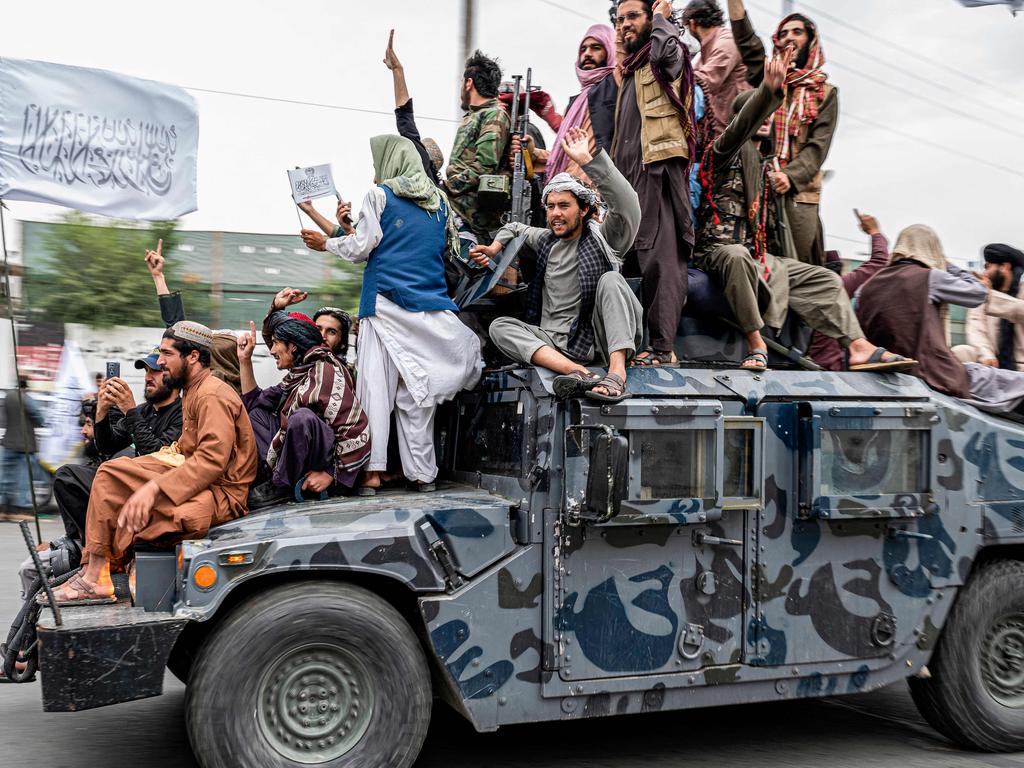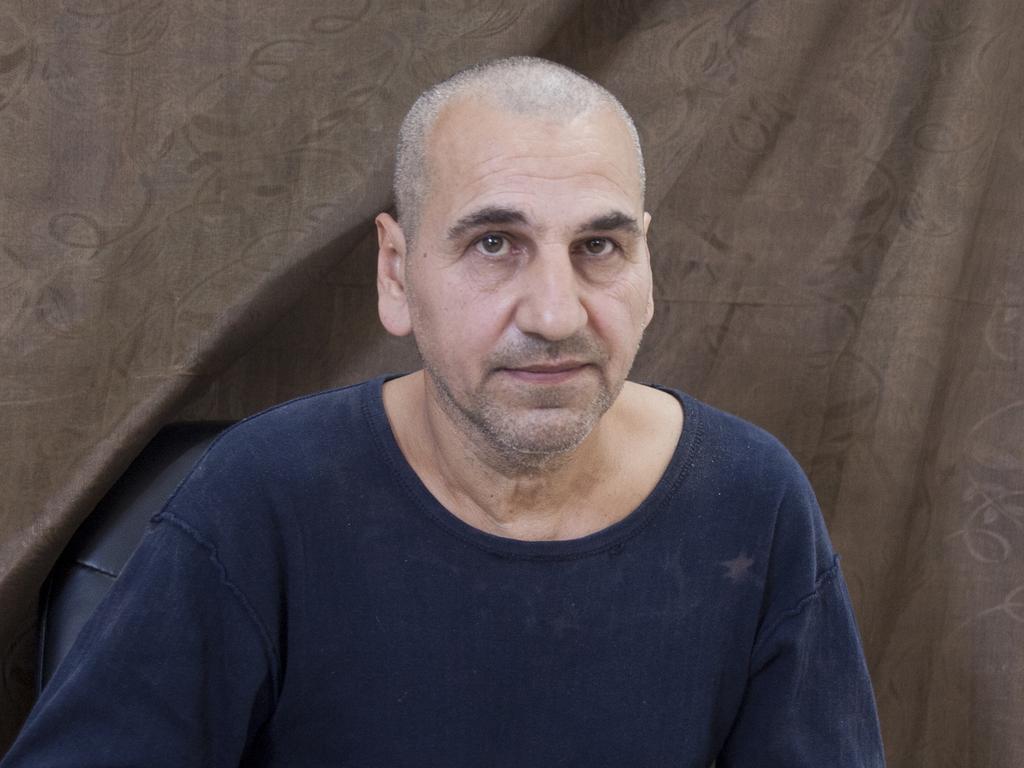ALP dilemma: what to do with jailed terrorists
A record 21 terrorists are due for release as pressure grows on the Albanese government to decide whether it will keep the power to extend their jail terms.

A record 21 convicted terrorists are due for release in the next five years as pressure grows on the Albanese government to decide whether it will keep the power to extend jail terms for some.
The government faces a dilemma over what it describes as “exceptional powers” to keep convicted terrorists in jail after serving their sentence if they are still deemed a danger to society.
A review of the law is expected to be completed within months at a time when some of the country’s most notorious terrorists are due for release. The debate has pitted intelligence and law-enforcement agencies against human rights advocates, forcing the government to choose between public safety and individual rights.
Australia’s best-known terrorist, Nacer Benbrika, has already had his 15-year jail term extended by three years under the 2016 laws known as continuing detention orders.
The laws, brought in at the height of Islamic State-inspired terror attacks in Australia, are controversial because they are the only post-sentence detention scheme for terrorists in the Western world. Attorney-General Mark Dreyfus would not say if the government would retain the CDO powers introduced by its Coalition predecessor.
“The Australian government assesses terrorist offenders on a case-by-case basis to determine the risk they pose to the community at the end of their sentence,” Mr Dreyfus said.
“If there is an unacceptable risk to the community, the government acts to manage that risk.”
Mr Dreyfus said the government would respond to the review by the Independent National Security Legislation Monitor, Grant Donaldson, once it had been completed.
ASIO, the Australian Federal Police and the Department of Home Affairs have strongly warned against repealing CDOs, saying that the threat to public safety could be too great if a radicalised prisoner is released.
ASIO specifically mentions the case of Usman Khan, a two-time terrorist who was shot dead after killing two people on London Bridge in 2019 just one year after serving eight years for another terror offence. “The experiences of our United Kingdom partners demonstrate that released terrorist offenders can be a serious threat to the community,” ASIO told Mr Donaldson.
Groups such as the Australian Human Rights Commission, the Islamic Council of Victoria and legal experts say the laws are grossly unfair, saying it is impossible to accurately assess what threat a convicted terrorist might still pose upon release.
Greg Barns, national criminal justice spokesman for the Australian Lawyers Alliance, said: “The idea that a court can assess where someone is along the radicalisation scale is, I think, fairly problematic. I mean how do we know? Where is the line to say it’s okay to hold that belief but not that belief?”
Mr Donaldson has said he hopes to complete his review by the end of year. In an interview with The Weekend Australian Magazine, he described the detention laws as highly unusual.
“It is a very unusual thing and in my view a very new phenomenon that people can be kept in detention after they have served their sentence,” he said.
“That is not something that has traditionally happened in the law and in this country it wasn’t really until the dangerous sexual offender legislation in Queensland (in 2003) that these sorts of regimes existed at all.’
In Australia, no-one has been convicted of terrorism offences twice, although convicted terrorists Khalid Sharrouf, Amer Haddara and Ezzit Raad each spent time in jail before leaving Australia to join Islamic State.
Convicted terrorists due for release in the next five years are: Faheem Lodhi, sentenced in 2006 for plotting to bomb the electricity grid and defence facilities in Sydney; Robert Cerantonio, one of the “tinnie terrorists”; and Wissam Fattal, Saney Aweys and Nayef El-Sayed, jailed for plotting a mass murder attack on Holsworthy army base in 2009.








To join the conversation, please log in. Don't have an account? Register
Join the conversation, you are commenting as Logout